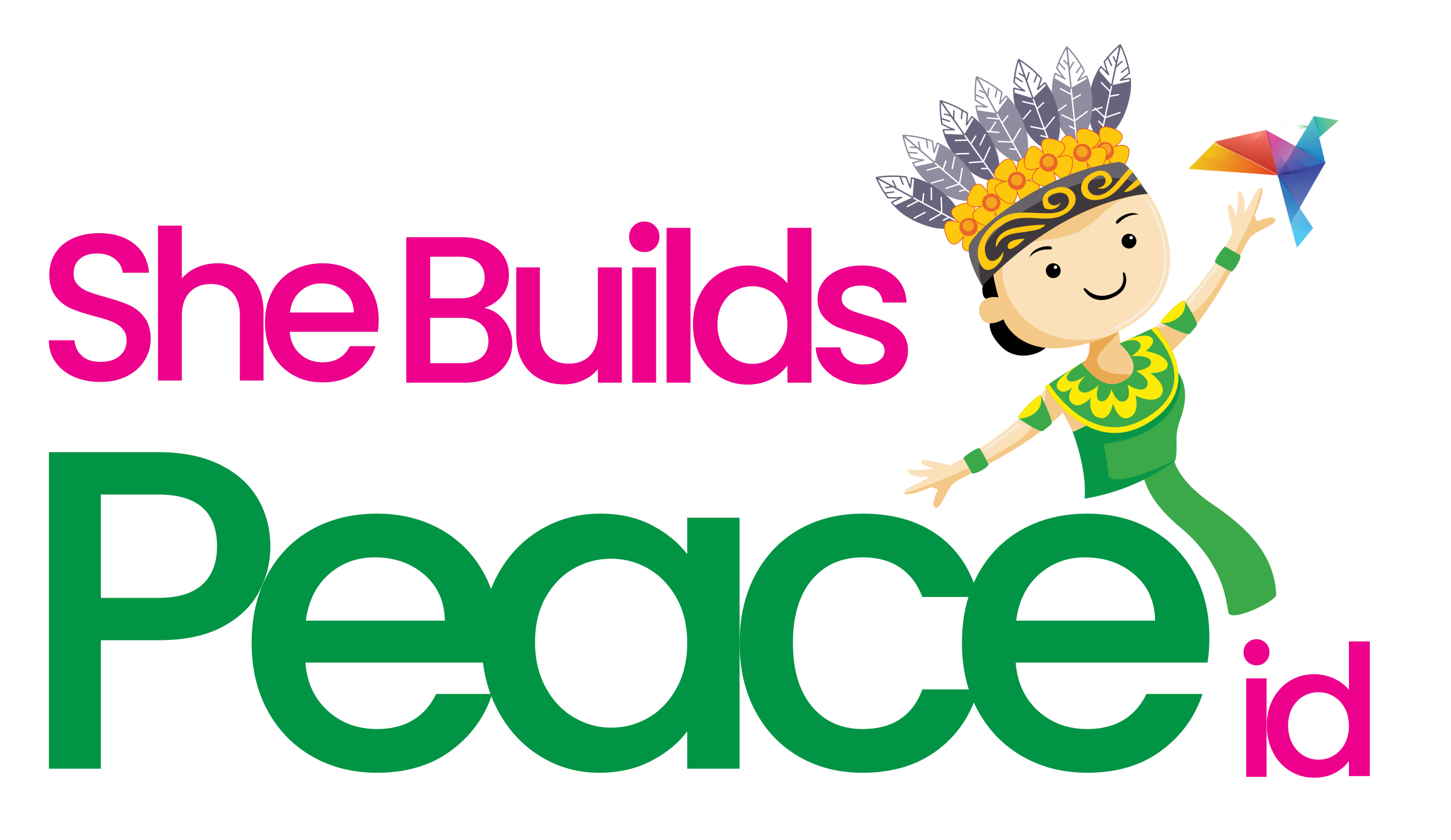The return of the Taliban to power in Afghanistan in August 2021 marked a significant shift in the country’s stance on women’s rights. Under the previous administration, substantial progress had been made in expanding educational opportunities for women and girls, with an increasing number of schools and universities admitting female students. However, the Taliban’s strict interpretation of Islamic law has led to severe restrictions on women’s freedoms and access to education.
One of the most immediate impacts of the Taliban’s return has been the reimplementation of gender segregation in schools and universities. Many educational institutions have closed or now only admit male students, whilst women are required to adhere to strict dress codes, including wearing the hijab. Additionally, the Taliban’s policies have restricted the subjects women can study, prioritising traditional female roles over academic or professional pursuits.
Under the Taliban’s rule, girls in Afghanistan are now barred from attending school beyond the sixth grade. Women are prohibited from entering universities and from working in most professions. They have no voice in politics or other public spheres. They cannot leave their homes without a male companion, nor are they allowed to visit playgrounds, walk in public parks, or exercise. Many spend the majority of their days confined indoors.
Resistance and Advocacy for Women’s Education
Despite the gender segregation policies imposed by the Taliban, a growing resistance movement has emerged among Afghan women and international allies. Activists have organised several protests, both within Afghanistan and abroad, to demand equal rights for women, including access to education.
Although the current situation poses significant challenges for Afghan women seeking education, their determination to claim their basic human rights remains strong. One pathway they have pursued is continuing their education online.
The Afghanistan Law & Political Science Association (ALPA), an association of Afghan scholars in exile, is one of the organisations offering such opportunities. Led by Bashir Mobasher, an Afghan scholar and graduate of American University now living in exile, ALPA provides free courses to Afghan girls and women, from the tenth grade through to graduate-level studies. The curriculum covers a range of subjects, including Natural Sciences, Gender Studies, Human Rights, Critical Thinking, Arts, Mental Health, and Scholarship Preparation. English courses are especially popular, as many Afghan girls dream of leaving Afghanistan to study abroad and become agents of change.
The Impact of Extremism on Women’s Rights
The extremist movement in Afghanistan has brought about significant changes in women’s rights, particularly regarding access to education and personal freedom. Since the Taliban’s return to power, the enforcement of their strict interpretation of Islamic law has profoundly impacted the lives and freedoms of Afghan women.
The influence of extremism is proven clearly: Afghan women have lost access to education, employment, and other fundamental rights. However, the same extremism has also sparked a powerful resistance among Afghan women and international supporters. This resistance reflects the determination and resilience of Afghan women as they demand their rights.
The women’s movement in Afghanistan advocates not only for education but also for basic rights and personal freedoms. By participating in protests, online courses, and advocacy efforts, Afghan women are showing that they refuse to succumb to extremist rules. They continue to find ways to learn, grow, and fight for their rights, even in the face of oppression and injustice, with a steadfast commitment to building a brighter future.






